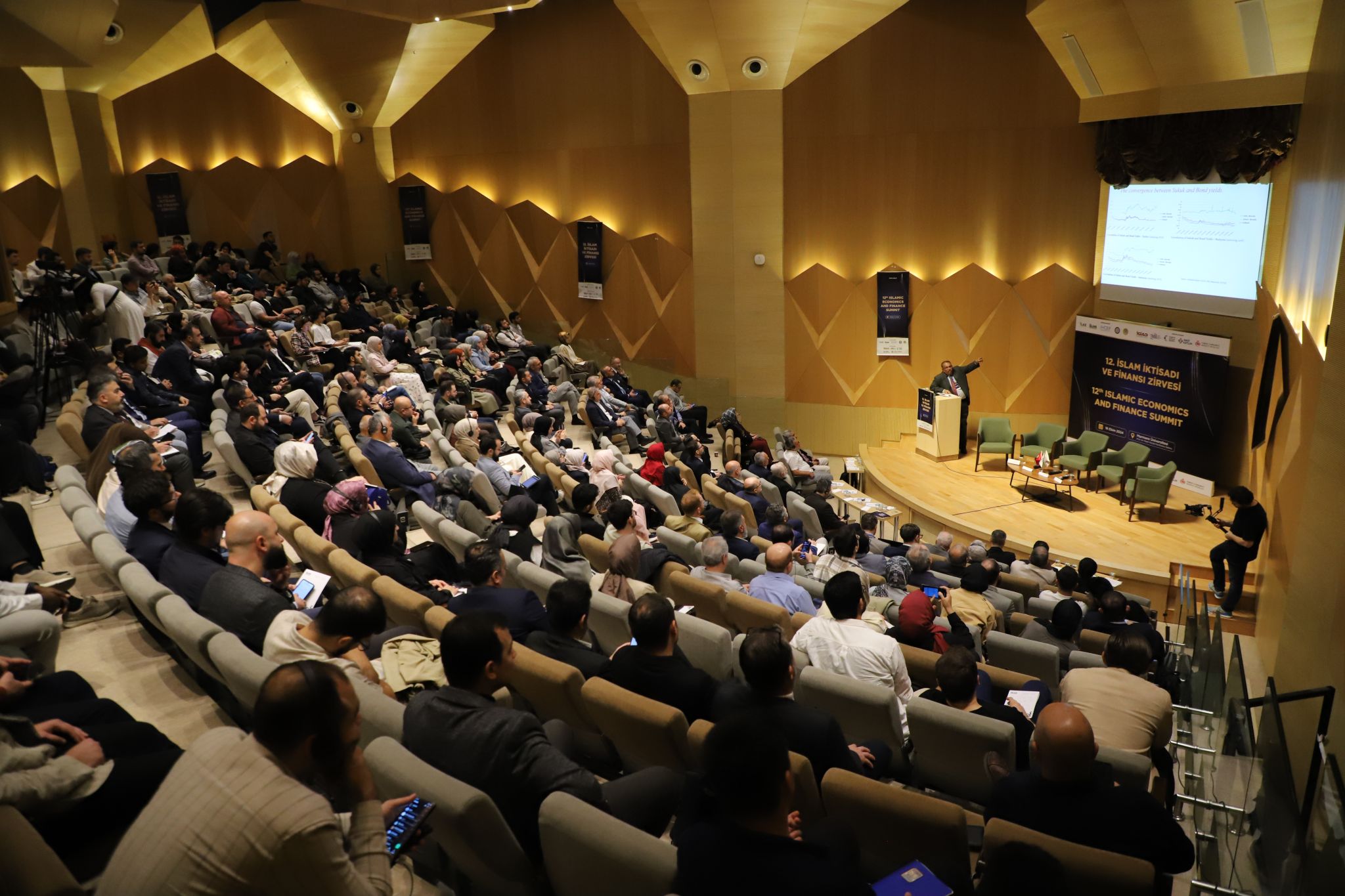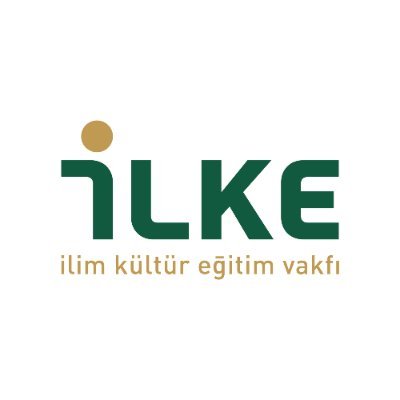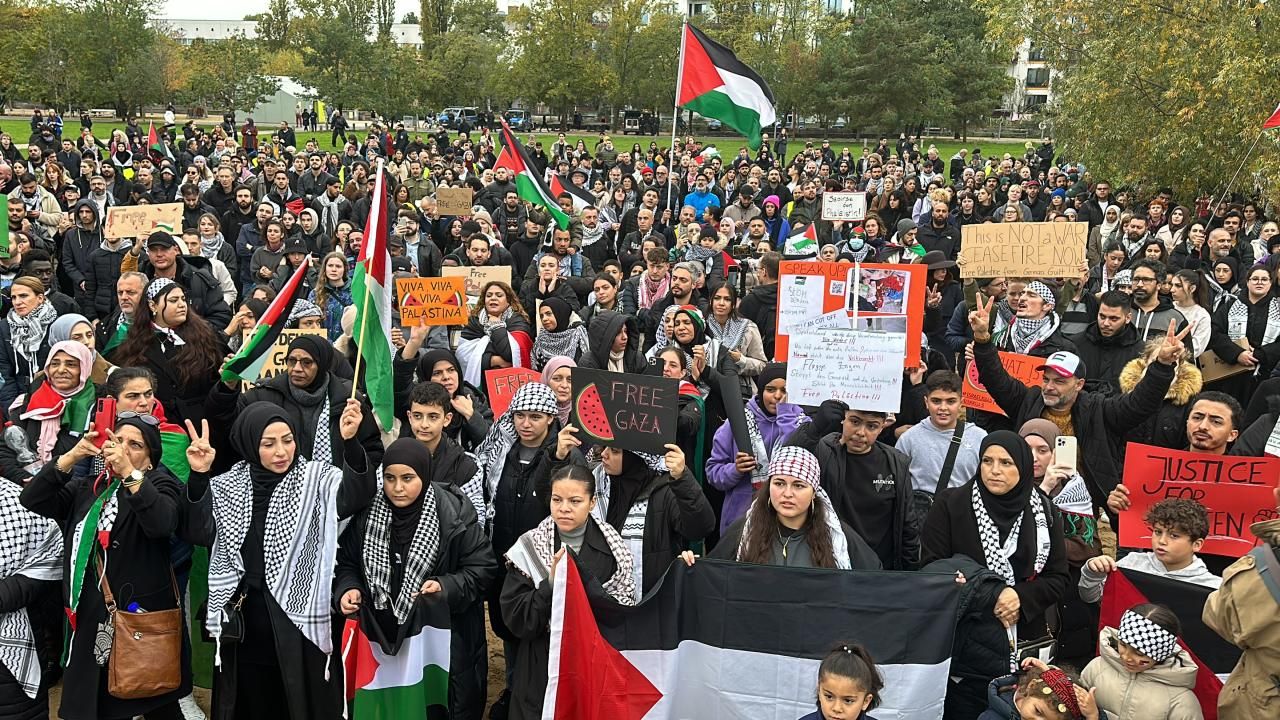Policy Briefs
As the impact of global environmental issues continues to grow, ensuring a balance between the environment and life places significant responsibilities on governments, businesses, and even individuals. Civil society organizations (CSOs) that take responsibility in the fight against global environmental issues not only act as key players but also work to connect different stakeholders, expanding their sphere of influence day by day. In parallel with international environmental CSOs striving to build a culture of sustainability, the participation of environmental and other CSOs in Turkey in environmental practices and their collaboration in achieving the goals necessary for sustainable development are emphasized. Additionally, the need for CSOs to address their shortcomings in internationalization and undergo necessary transformations to integrate into global cooperation efforts is highlighted. Recognizing the importance of considering CSOs in terms of green organization and green human resource management, this study offers recommendations to both CSOs and policymakers to enhance the impact of CSOs in sustainable development and expand their frameworks. As the impact of global environmental issues continues to grow, ensuring a balance between the environment and life places significant responsibilities on governments, businesses, and even individuals. Civil society organizations (CSOs) that take responsibility in the fight against global environmental issues not only act as key players but also work to connect different stakeholders, expanding their sphere of influence day by day. In parallel with international environmental CSOs striving to build a culture of sustainability, the participation of environmental and other CSOs in Turkey in environmental practices and their collaboration in achieving the goals necessary for sustainable development are emphasized. Additionally, the need for CSOs to address their shortcomings in internationalization and undergo necessary transformations to integrate into global cooperation efforts is highlighted. Recognizing the importance of considering CSOs in terms of green organization and green human resource management, this study offers recommendations to both CSOs and policymakers to enhance the impact of CSOs in sustainable development and expand their frameworks. As the impact of global environmental issues continues to grow, ensuring a balance between the environment and life places significant responsibilities on governments, businesses, and even individuals. Civil society organizations (CSOs) that take responsibility in the fight against global environmental issues not only act as key players but also work to connect different stakeholders, expanding their sphere of influence day by day.In parallel with international environmental CSOs striving to build a culture of sustainability, the participation of environmental and other CSOs in Turkey in environmental practices and their collaboration in achieving the goals necessary for sustainable development are emphasized. Additionally, the need for CSOs to address their shortcomings in internationalization and undergo necessary transformations to integrate into global cooperation efforts is highlighted.Recognizing the importance of considering CSOs in terms of green organization and green human resource management, this study offers recommendations to both CSOs and policymakers to enhance the impact of CSOs in sustainable development and expand their frameworks. As the impact of global environmental issues continues to grow, ensuring a balance between the environment and life places significant responsibilities on governments, businesses, and even individuals. Civil society organizations (CSOs) that take responsibility in the fight against global environmental issues not only act as key players but also work to connect different stakeholders, expanding their sphere of influence day by day.In parallel with international environmental CSOs striving to build a culture of sustainability, the participation of environmental and other CSOs in Turkey in environmental practices and their collaboration in achieving the goals necessary for sustainable development are emphasized. Additionally, the need for CSOs to address their shortcomings in internationalization and undergo necessary transformations to integrate into global cooperation efforts is highlighted.Recognizing the importance of considering CSOs in terms of green organization and green human resource management, this study offers recommendations to both CSOs and policymakers to enhance the impact of CSOs in sustainable development and expand their frameworks. As the impact of global environmental issues continues to grow, ensuring a balance between the environment and life places significant responsibilities on governments, businesses, and even individuals. Civil society organizations (CSOs) that take responsibility in the fight against global environmental issues not only act as key players but also work to connect different stakeholders, expanding their sphere of influence day by day.In parallel with international environmental CSOs striving to build a culture of sustainability, the participation of environmental and other CSOs in Turkey in environmental practices and their collaboration in achieving the goals necessary for sustainable development are emphasized. Additionally, the need for CSOs to address their shortcomings in internationalization and undergo necessary transformations to integrate into global cooperation efforts is highlighted.Recognizing the importance of considering CSOs in terms of green organization and green human resource management, this study offers recommendations to both CSOs and policymakers to enhance the impact of CSOs in sustainable development and expand their frameworks. As the impact of global environmental issues continues to grow, ensuring a balance between the environment and life places significant responsibilities on governments, businesses, and even individuals. Civil society organizations (CSOs) that take responsibility in the fight against global environmental issues not only act as key players but also work to connect different stakeholders, expanding their sphere of influence day by day.In parallel with international environmental CSOs striving to build a culture of sustainability, the participation of environmental and other CSOs in Turkey in environmental practices and their collaboration in achieving the goals necessary for sustainable development are emphasized. Additionally, the need for CSOs to address their shortcomings in internationalization and undergo necessary transformations to integrate into global cooperation efforts is highlighted.Recognizing the importance of considering CSOs in terms of green organization and green human resource management, this study offers recommendations to both CSOs and policymakers to enhance the impact of CSOs in sustainable development and expand their frameworks.









